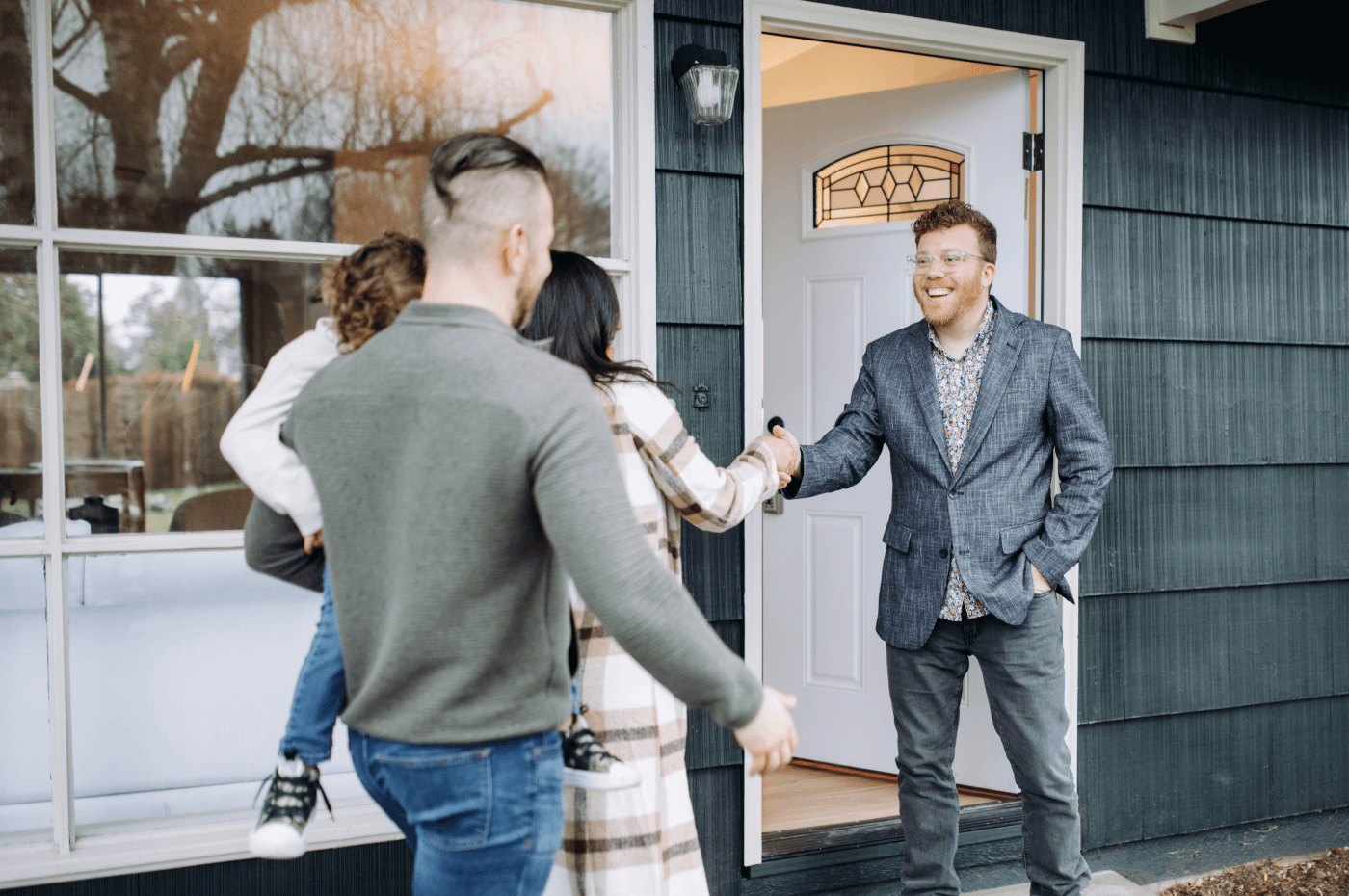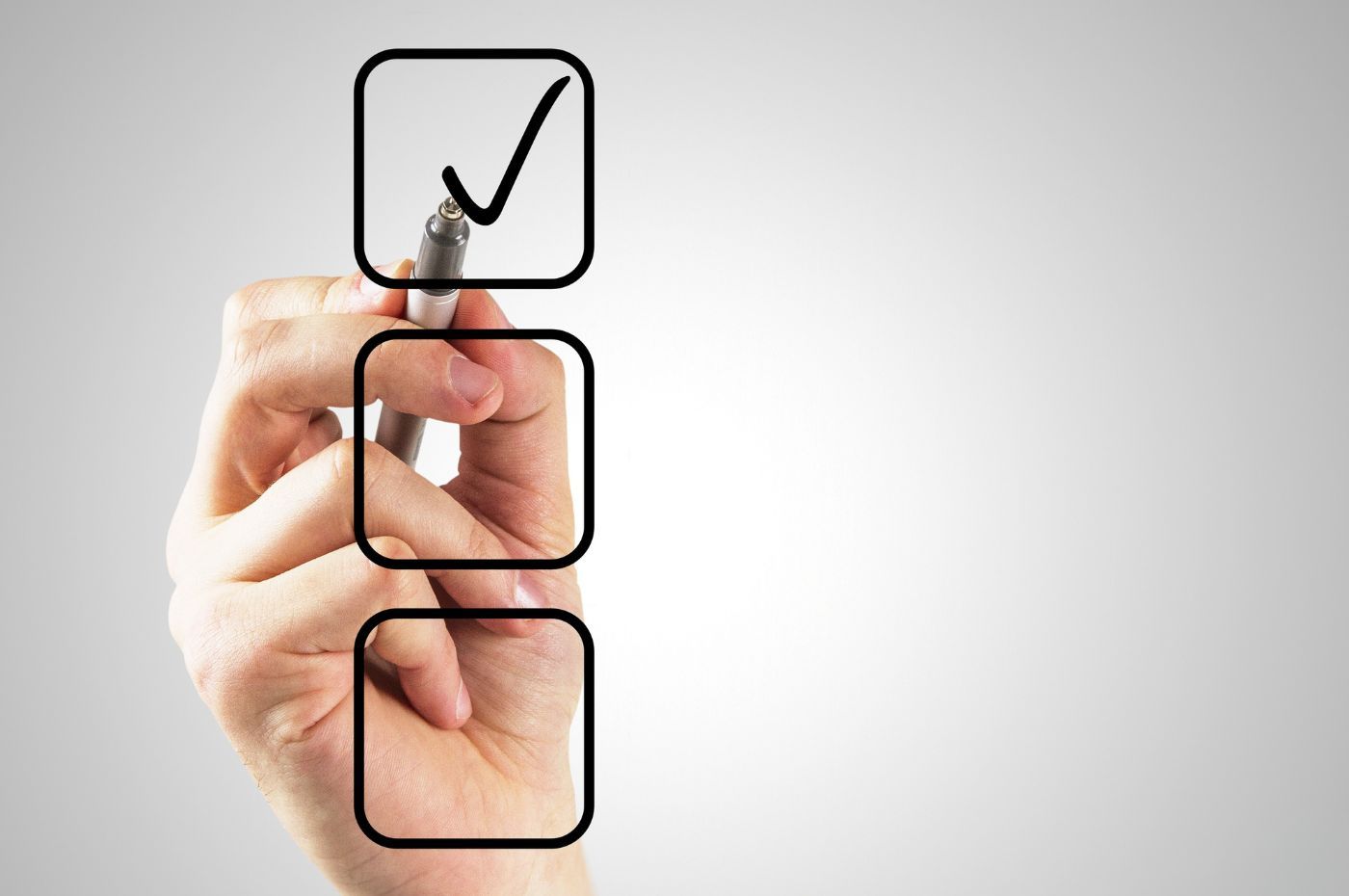When you’re in the process of buying a property, the visit is one of the most important steps in your decision-making process. This is your opportunity to carefully evaluate whether the property meets your preferences and needs.
Here’s a 20-point checklist to help you make a thorough assessment during your visit and determine if it's the right fit for you.
Home visit: 20 essential aspects to consider before buying a house
In a real estate transaction, the property visit is an essential step, but it can surely feel overwhelming when you don’t know what you should look for.
Besides spotting potential issues, prioritize assessing both practical functionality and aesthetic elements that may influence your decision. Your likes and dislikes can play a pivotal role in making a confidant choice.
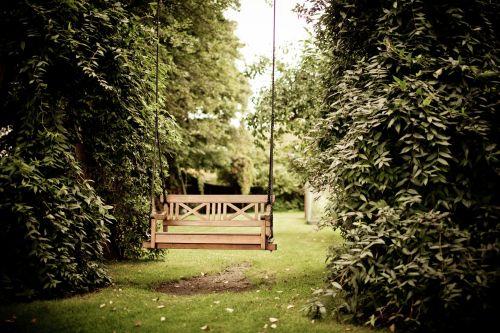
1. The condition of the house
When you first approach the house, observe its general condition. The exterior appearance offers valuable insights into the home’s maintenance. A well-kept exterior and signs of attentive ownership are positive indicators.
However, it’s important to note that the outside appearance doesn’t necessarily guarantee there won’t be underlying issues to uncover later.
2. The property's ground
Assessing the land and its features is as crucial as evaluating the house. Indeed, examine whether the property is adequately fenced and if the size meets your needs.
Be mindful of potential issues; for instance, a slope toward the house could pose flood risks. In such instances, seek additional details from the owner and conduct a thorough inspection of vulnerable areas like the basement.
3. The exterior facade
Take a close look at the exterior of the house to spot any signs of wear and tear. Are there areas where the paint is peeling? Do you notice any cracks in the foundation? These visible signs of deterioration might suggest inadequate upkeep by the current owner or potentially more significant issues.
If the issues appear minor and manageable, keep in mind that addressing them after purchase may require additional time and investment.

4. The roof
The roof plays a very important role in the overall condition of the property, so it’s essential to inspect it thoroughly before making a purchase decision.
Examine the shingles closely. Are there any missing or damaged ones? These are clear indicators of deterioration that should be carefully considered. Typically, a roof has an average lifespan of about twenty years. If you notice signs of significant wear and tear, it could mean the roof is nearing the end of its lifespan and may require replacement soon after purchase.
5. The foundation
If the foundation is visible, which isn’t always the case, carefully check for cracks or any signs of damage. Issues with the foundation can lead to significant hidden defects, making this a critical area to inspect thoroughly.
Whether visible or not, it's crucial to have an experienced home inspector assess the foundations and overall structure. They can identify potential problems that might not be obvious to the untrained eye.
6. The deck
A well-maintained wooden deck can enhance the appeal of a home exterior. However, its condition is crucial.
Check if the deck appears saggy. This might indicate issues with construction quality or problems with the underlying soil composition. It's important to investigate further to understand the root cause of any sagging observed.
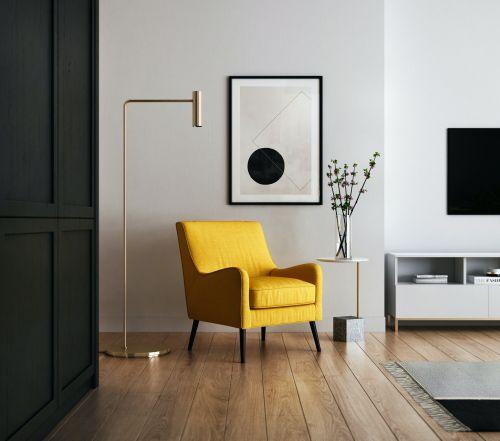
7. Room layout and size
When assessing the interior space, envision how well it fits your needs. Are the rooms spacious enough for your furniture? Do the hallways feel comfortable to navigate? Is there ample counter space in the kitchen to support your culinary activities?
Also, consider the ratio of bedrooms to bathrooms. This is a critical aspect that buyers sometimes overlook. For instance, one bathroom for four bedrooms might not be sufficient for your family's needs.
8. The doors
With the owner's permission, thoroughly inspect all doors throughout the home, including those of closets and cupboards. Open and close them to ensure they operate smoothly and securely. Check that they are properly aligned within their frames and verify that handles and hinges are firmly in place.
9. The windows
The windows are another crucial aspect to inspect as they provide insights into the overall condition of the house, including insulation and humidity levels. Check for signs such as condensation on the windows or peeling paint, as these could indicate issues with high humidity inside the home.
Take note of whether the windows are single, double, or triple-pane, and inquire if necessary. Open and close each window to ensure they operate smoothly and to detect any signs of damage.
Additionally, evaluating the windows allows you to assess the natural light in each room. Rooms with south-facing windows generally receive more brightness, which may influence your preference for room placement within the house.
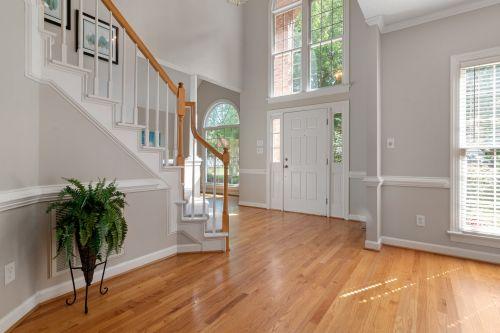
10. The floors
Inspect the floors for any irregularities or cracks. Examine the type of flooring in each room, whether it’s wood, ceramic tile, or carpet and consider if it suits your preferences and the function of each room.
11. The walls and the ceilings
Examine the walls and ceilings for indications of moisture and mould, particularly in areas prone to dampness such as basements and bathrooms. If you notice any signs, consider having a professional assess them to determine the extent of the issue.
12. The storage space
Evaluate the storage options throughout the house during your visit. Ensure there is sufficient space to accommodate your needs in each room, whether it's storing kitchenware and small appliances in the kitchen or organizing clothes in the master bedroom.
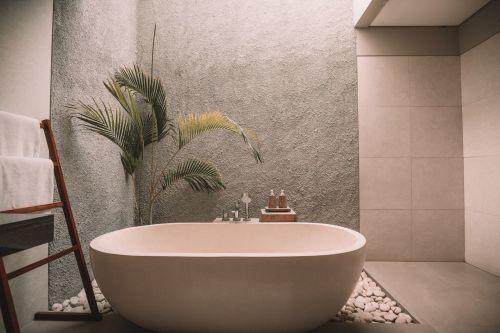
13. The electrical system
When examining the property, closely inspect the electrical panel. Is it in good condition or does it appear old and outdated? Even if you have limited knowledge of electrical systems, assessing this component can provide valuable insights into the property's overall condition.
Additionally, check the number and placement of electrical outlets in each room. Ensure there are an adequate number of outlets to meet your needs. Discovering that you don’t have enough outlets after you move in can be inconvenient.
14. The heating system
Take note of the type of heating system installed in the home. Is it electric, gas, oil, or wood? Assess its condition and inquire about its installation date and maintenance costs from the owner.
15. The plumbing system
Inspect the plumbing system by checking under sinks and other accessible areas, to ensure there are no leaks or visible issues. Ideally, the pipes should be copper or PVC, as these materials are durable and less prone to problems compared to lead, which was previously used but is costly to repair.
16. The security system
If the house is equipped with a security system, it's worthwhile to learn more about it. Begin by confirming if the system is included in the sale. If it is, request information regarding its operation, installation date, and any relevant details from the seller.

17. The water pressure
Water pressure is an important factor to check during your property visit. Inadequate water pressure can be inconvenient though generally not serious. You can easily assess it by opening the taps and the shower or flushing the toilet during your visit. This simple check ensures you won't encounter unexpected issues with water after moving in.
18. the environmental noise
When you step outside the property, pay attention to any potentially bothersome noises from the surroundings. Listen for sounds like nearby freeways or noisy activities from neighbours, such as working in their garage. These noises can potentially disrupt your comfort, so it's essential to consider them from the outset when evaluating the property.
Also, take note of whether these noises are audible once you're inside the house. This assessment helps gauge the effectiveness of the house's soundproofing and gives you an idea of how well insulated it is from external disturbances.
19. The cellular signal
When visiting a home located in a rural or remote area, such as a country house or cottage, it's important to check the local cellphone signal. Verify if the signal strength is sufficient for your needs. If the signal is weak or non-existent, it's crucial to be aware of this before finalizing the purchase of the property.
20. The possibility of renovation
During your visit, don't just see the house for what it is now; envision its potential under your ownership. Consider whether it can accommodate expansions like an extra bedroom or garage, or if walls can be removed to create a more open living space. Is there ample land to realize your dream of a swimming pool?
If there are aspects you don't initially like about the house, remember that with a bit of imagination, you may renovate it and unlock its full potential. Conversely, what initially seemed like the perfect home may not align with your long-term plans.
Buying a home is a significant commitment, so it's crucial to not only assess your current needs but also envision how the property can evolve to meet your future goals and lifestyle changes.
What kind of questions should you ask during a visit?
During a property visit, it's important to ask pertinent questions to the owner or the real estate agent present on the site, in addition to observing various aspects of the property. Here are a few examples:
- What year was the house built?
- What is included in the sale?
- How much are the municipal taxes?
- What is the reason for selling?
- Has the house experienced any incidents in recent years?
- Have there been any neighbourhood issues?
The key to a successful property visit is thoroughness. Take your time to explore every part of the house, from the basement to the attic, including the garage and the yard.
Before finalizing your decision, consult our comprehensive buying guide to understand all the steps involved in purchasing a property. But above all, ensure you have the property inspected by a professional before committing to becoming the new owner.
Are you looking to buy a house?
XpertSource.com can help you find a real estate expert. When you tell us about your project, we put you in touch with qualified resources for free. Simply fill out our form (it only takes a few minutes) and we will connect you with professionals.
